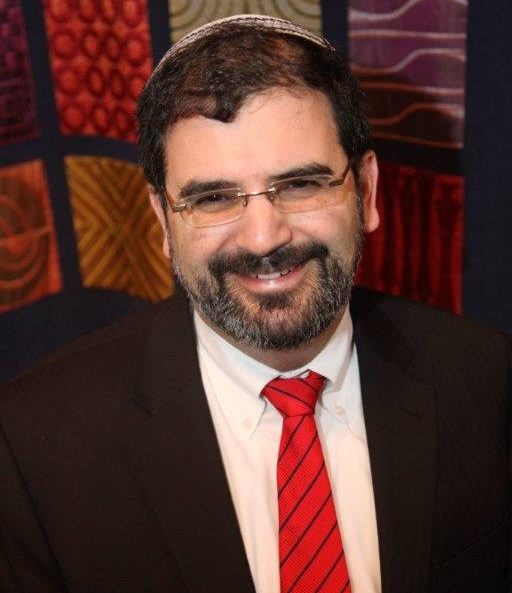We can imagine how miserable it was for Noah, his wife Naamah, and their whole family, spending nearly a year in the ark, filled with pairs of every animal and bird species – let alone seven pairs of the kosher animals! Yet, it seems that somehow Noah was hesitant to leave the ark. He sends out a raven and then some doves, and even after they indicate that the water has receded, even after Noah sees that “the face of the earth had dried” (Gen. 8:13), he does not leave the ark. It takes a commandment of God to “Get out of the ark!” (Gen. 8:16) to finally push Noah to take his family and leave. Why does he hesitate?
Actually, Noah is acting the way so many of us act when we build a community, a shelter for those we love, that is protected from a hostile world outside. The Jewish community is amazing at building these environments—and no surprise: we have been threatened and nearly destroyed by anti-Semitism throughout the ages; we have needed to build the arks to make sure the Jewish people could survive the floods around us. This portion of Noah suggests that sometimes we have no choice but to build an ark. Sometimes we have no choice in order to survive and to thrive. We have to build the local, even insulated structures of kindness and caring to protect our own from a world outside that would want to cause harm that at one time was unimaginable, but now is all too real. Noah’s ark saved the world for another chance at rebuilding. The continuity of the Jewish people is also critical to the world – our tradition believes that if there is no one to continue the mission of the Jewish people, then the world will instantly vaporize.
However, just as there is a time to build an ark and a time to enter the ark, the Torah tells us that there is a time to leave the ark, to expose ourselves to the world outside and to take hold of our purpose in life by stepping out of our protected environment. We do not have to destroy the arks that we build, but there comes a time when we Jews need to make sure we are focusing our efforts of kindness and justice on the world as a whole. Organizations like HIAS focused for decades on helping Jewish immigrants – on building an ark, as it were, for Jewish immigrants. Yet now, organizations like HIAS and many others understand that with the worst refugee crisis since WWII, it is time to step out of the ark and make sure we are being responsive to needs outside of our community. I recently visited the YMHA of Inwood and Washington Heights, and I was so impressed that that organization – as well as my own Y in Riverdale! – understands that whereas there was a time when the Y had to be an ark just for Jews, now they have to step out and reach out to the entire community.
I pray that our Torah inspires us to build up our Jewish community, to make it an ark that keeps us strong and bonded as a people. At the same time, I pray that we hear the message in our day of “Go out of the Ark!”, take up the cause of social justice and morality for the entire world. As in the days of Noah, the world is waiting for us and is ready for us to get involved. It just means taking those first steps outside of our comfort zone, outside of the safe space we have created around ourselves, and understanding our responsibility towards the entire world outside of the ark.
Rabbi Asher Lopatin is president of Yeshivat Chovevei Torah Rabbinical School, a Modern Orthodox Yeshiva in New York which has sent its 95 graduates to communities all over the world with the message of “go out and make a difference.”

